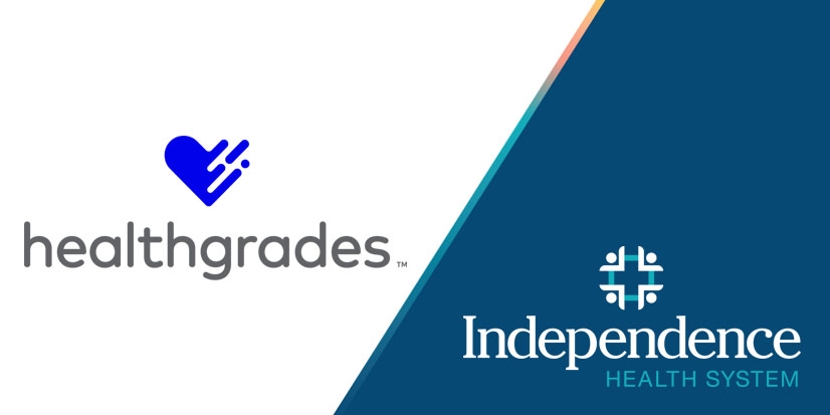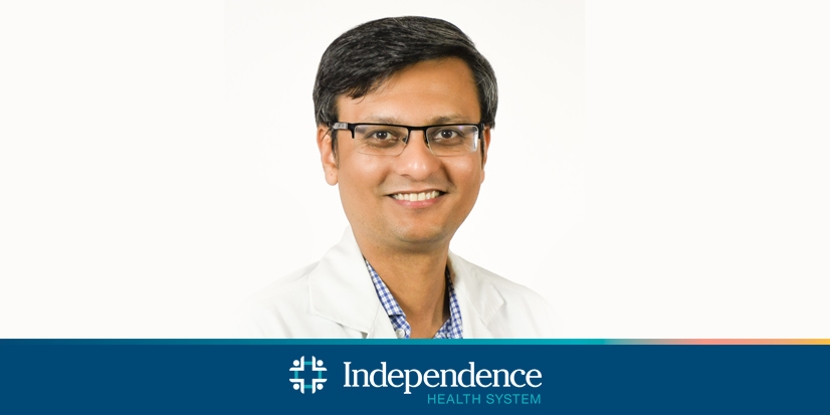The Long Weekend ... One Woman's Story of Conquering Breast Cancer
- Category: Media Release
- Posted On:
I'm sitting in the doctor's waiting room newly scalped (forced by chemotherapy) and somewhat nauseated when I inadvertently make eye contact with another patient. She is sporting a 3-inch growth of hair, looks healthy, and appears serene, something I am not. After her appointment, she introduces herself and talks about her cancer experience. I learn she is about six months ahead of me in treatment and the tide of therapies and tests had long turned in her favor. Most importantly, she gives me something that I have not truly felt up to this point – hope.
That is why I tell you my story now … to pay forward her
gift of hope to others in similar straits. But my story really
begins many months before this brief encounter.
August 2009. Working in health care, I know the importance of prevention and early detection. With a family history of breast cancer, I begin getting mammograms at age
38. So, it was just another annual visit that August, which was happily routine with a parting “See you next year.” But fate wasn’t waiting another year or even another
month. A week later, taking a relaxing bath proves anything but when I feel a large lump at the base of my breast. I dismiss it as a cyst, given I was told I have very dense, fibrocystic breast tissue. No worries, right?
September 2009. The next week, the lump feels larger and
painful. I’ll call my doctor and ask for a breast ultrasound, just for peace of mind. No need to tell anyone … why worry my husband and family needlessly. With the
ultrasound scheduled for Friday, I look forward to a long, carefree Labor Day weekend and long-planned vacation trip. Who knew that thoughts of our family picnic, baseball game, and later, white sandy beaches would be interrupted so quickly when, just minutes into the ultrasound, the technologist says she wants the radiologist to have a look. That was not a good sign. Dr. David Gray, the radiologist on staff at Excela Health, reviews the images, tells me the mass looks suspicious, and recommends further testing. With the same day referral, he performs an ultrasound-guided breast biopsy. I can expect results the following Tuesday. Once home, I share the news with my husband but decide not to worry our extended family until we know
something further. It’s now the holiday weekend and it is the longest one of my life.
Tues., Sept. 8, 2009. If you’ve ever seen the old movie High Noon, the ticking clock marks the time toward a confluence of events that changes lives forever once it strikes noon. That Tuesday, at noon, Dr. Gray calls me and asks if I want to come to his office or discuss test results over the telephone. I know the news is life-altering. At his office, we discuss the next steps. It is like being in another world. I walk back to a friend’s office and just blurt out, “I have breast cancer.” I leave her office to call my husband, Tom, who wants to bring me home. “No need,” I say. “I’m OK.” That evening, he meets me at the door where we just hold each other and cry. He wants to cancel our vacation but I said, “No way, we’re going and we’ll have a great time.” I know this will be our last vacation for a while. An ultrasound of the axilla (underarm area) reveals two enlarged lymph nodes, which are biopsied and found to be malignant. An MRI discerns a second mass. The hardest part is breaking the news to our parents. My mother blames herself, believing that her breast cancer has become
her legacy to me. Close friends and family become allies in the war I am set to wage. We leave Sept. 10 for vacation. We enjoy the time away and ignore the inevitable, if
just for a week, but flying back home it hits me – at age 45, I have Stage 3 breast cancer.
Sept. 20, 2009. I attack my diagnosis with all the fervor of a newly-minted general advancing on an unseen enemy in the quest to regain former territory. Despite continuing encouragement, a college friend who has dealt with breast cancer sums it up: “The next year will be horrible. Focus on your treatment and recovery and look forward to the following year.” There it is. Oddly to some, I gather strength from her honesty. My tactical plan ensues: get a course of treatment in order, talk with my doctors, undergo chemotherapy, have surgery, employ radiation, approach reconstruction, and grow back my hair when I lose it to chemo! As the family “caretaker”, I continue to be strong for everyone. I just don’t anticipate the emotional toll that flanks me as I move through this plan. I acknowledge it’s time for reinforcements. A wise general knows when to ask for and accept help. Dr. Terry Evans, hematology/ oncology at the Arnold Palmer Pavilion, Mountain View
Medical Park, Greensburg, guides my course of action. In the fight against cancer, he is its most formidable opponent and works with me along the way as I coordinate my care.
October 2009. First volley – a chemo cocktail. I challenge any dog to shed hair more frequently than I, so my husband takes me for the close cancer shave. He wants
to shave his head in solidarity too, but, I don’t think he can rock that look! I won’t kid you, chemo isn’t a barrel of monkeys. The fatigue is something I can’t describe,
and it robs me of nearly every bit of energy I have. Not to mention the chemo-induced menopause. Shopping, a typically incidental part of my day, takes more than double the time as I will my legs to walk clutching a grocery cart for support. But, with a positive outlook and a bit of determination, I make it through the lion’s share of the chemo campaign that ends January 2010.
February 2010. More testing is done. The “enemy” retreats so surgery can begin.
March 4, 2010. The second campaign begins – Dr. Geoffrey Joseph performs surgery. He’s amazing and Dr. Francis Johns, the plastic surgeon, works with him to minimize scarring and prepare for reconstruction.
April 2010. Third attack with prophylactic radiation. In preparation for this barrage, I engage Excela Health Outpatient Rehabilitation for physical therapy needed to release pressure from former scar tissue and increase my arm’s range of motion for radiation. The therapist is tremendous! Wouldn’t have enlisted anyone else! Radiation
begins at Mountain View Medical Park with Dr. Sanjeev Bahri. He’s a wonderful physician who truly cares about his patients in a way that is, at the very least, impressive.
June 2010. Back to work on a full-time basis and back with my “second family” – the folks at Excela Health. Thanks to the understanding and compassion of my manager, Rich Caruso, vice president, Finance, and our leadership team, I never worried about my job. They worked with me so I could do my job and take care of myself at
the same time. It was a tremendous relief.
In a nutshell, that’s my story. I fought the good fight and I’ve won. During this “war”, I endured losses, both temporary – my hair, some sense of feeling in my fingers;
and some permanent – the unexpected death of my sister and the loss of my father to lung cancer. But I gained much too. The sense of humor that runs through my
family proved invaluable. I realized greater focus and balance in everyday life. The experience helps you learn to accept help, explore ways to fight for your life, both
figuratively and literally, and recognize those loyal “soldiers” on whom you can depend – for me, my husband, family, friends, and co-workers. I wholeheartedly thank
the platoons of nurses, technologists, physical therapists, and physicians whose candor and kindness, expertise, and sensitivity paved the way toward victory. I am grateful to be back in inpatient care. I have a heightened sense of what
a patient needs and I can tell you, they are not always the big things. They are those small, seemingly insignificant gestures we take for granted … a gentle touch, a kind
word, a helping hand, a meaningful smile. And while I wear many cloaks – I am a wife, a daughter, an aunt, a friend, a co-worker – one of the most poignant I will ever
shoulder is this – I am a breast cancer survivor and what I now have to offer is hope.

